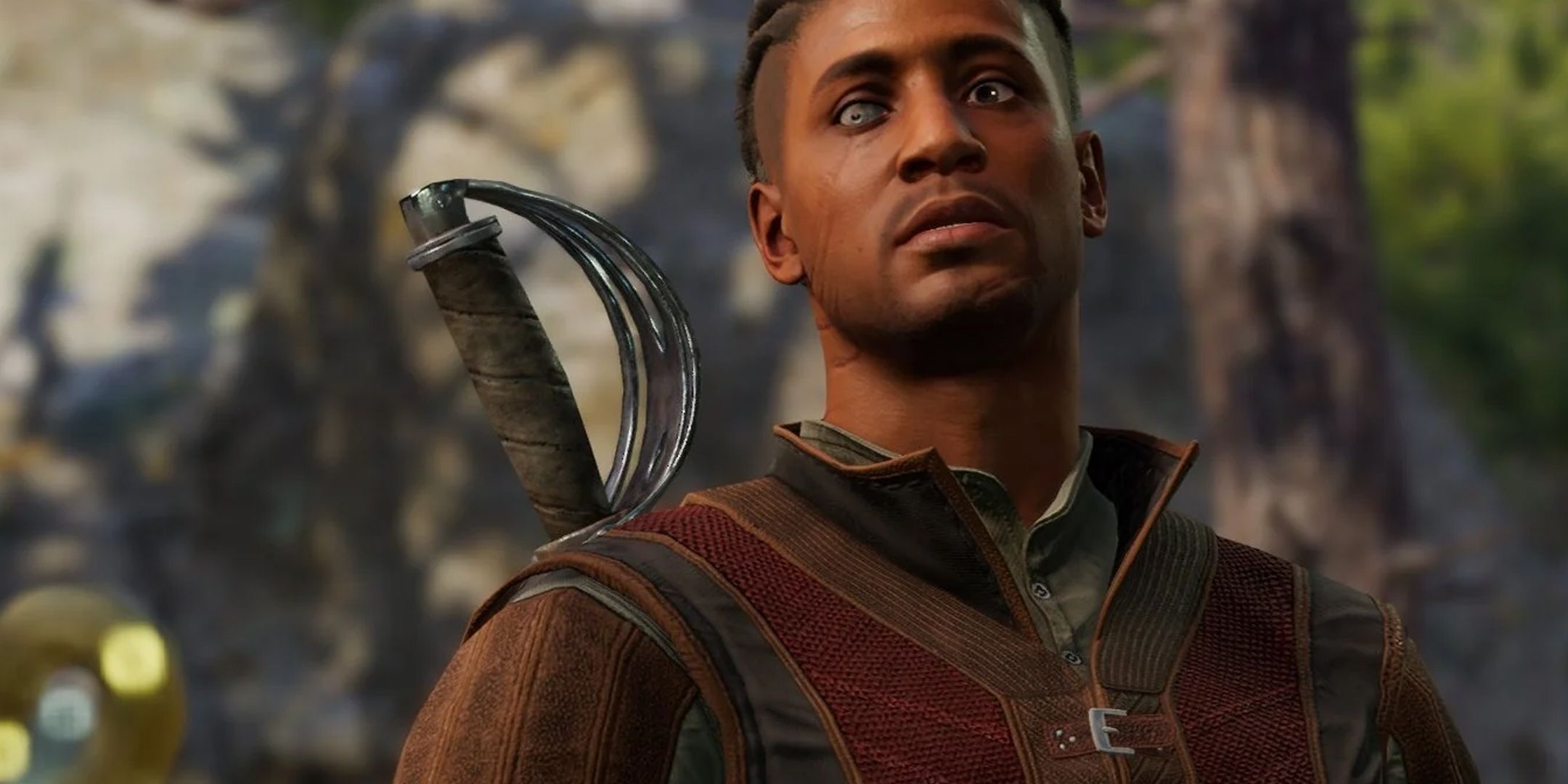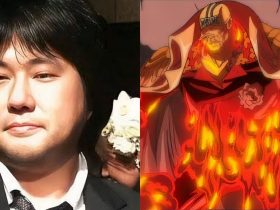Key Takeaways
- One Baldur’s Gate 3 player used Flesh to Gold to easily win the Emperor fight in Act 3.
- You get this spell in Act 2 by handing Gerringothe Thorm over 5,000gp.
- It’s an expensive, one use transmutation, but if the die land in your favour, it’s an easy way to take care of tougher enemies.
There’s an incredibly rare spell in Baldur’s Gate 3 called Flesh to Gold, a one use level 6 transmutation that permanently turns your target to gold if they fail a Saving Throw within three turns.
You’ve probably never seen this spell unless you were actively trying to get it, but one player made sure to pick it up before Act 3 so that they could spring a trap on the Emperor.

Related
Wyll Is The Only Baldur’s Gate 3 Character I Want To See More Of
The Blade of Frontiers deserves so much better.
To free Orpheus, you have to fight your Dream Guardian, who in reality is a mind flayer. It can be a tough battle, especially in higher difficulties like Tactician and Honour Mode, but Flesh to Gold can make it a breeze so long as the die land in your favour.
How To Get Flesh To Gold In Baldur’s Gate 3
During Act 2, you’ll run across some less-than-charismatic Thorms, especially when compared to Ketheric. One of these is Gerringothe Thorm, the Keeper of Coins. You’ll find her in the Reithwin Tollhouse.
She immediately demands gold from your party, but if you give in, she’ll just demand even more. Most players are likely to attack her at this point, since the only other option is to give her all of your gold. But if you have over 5,000gp on your person and hand it all over, you’ll get the Signed Trade Visa.
This unique document offers you safe passage to Baldur’s Gate, but more importantly, it’s the only way to cast Flesh to Gold. You can use it on The Emperor, or maybe even just suffer Ketheric the same fate as his ancestors.

Baldur’s Gate 3 is the long-awaited next chapter in the Dungeons & Dragons-based series of RPGs. Developed by Divinity creator Larian Studios, it puts you in the middle of a mind flayer invasion of Faerûn, over a century after the events of its predecessor.












Leave a Reply